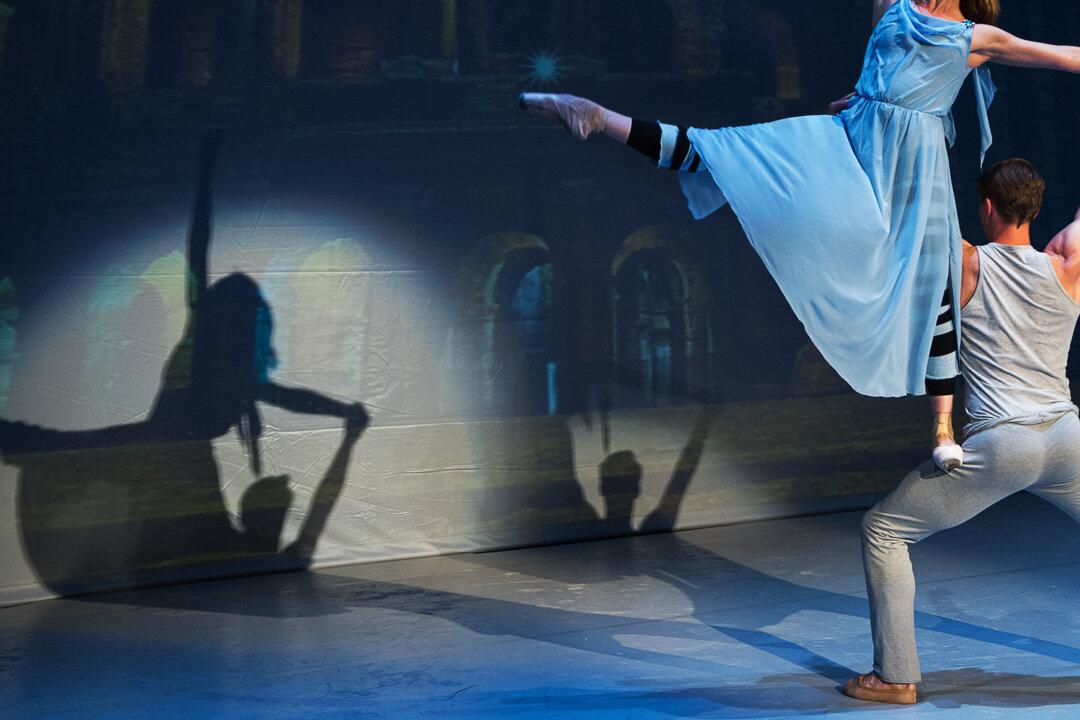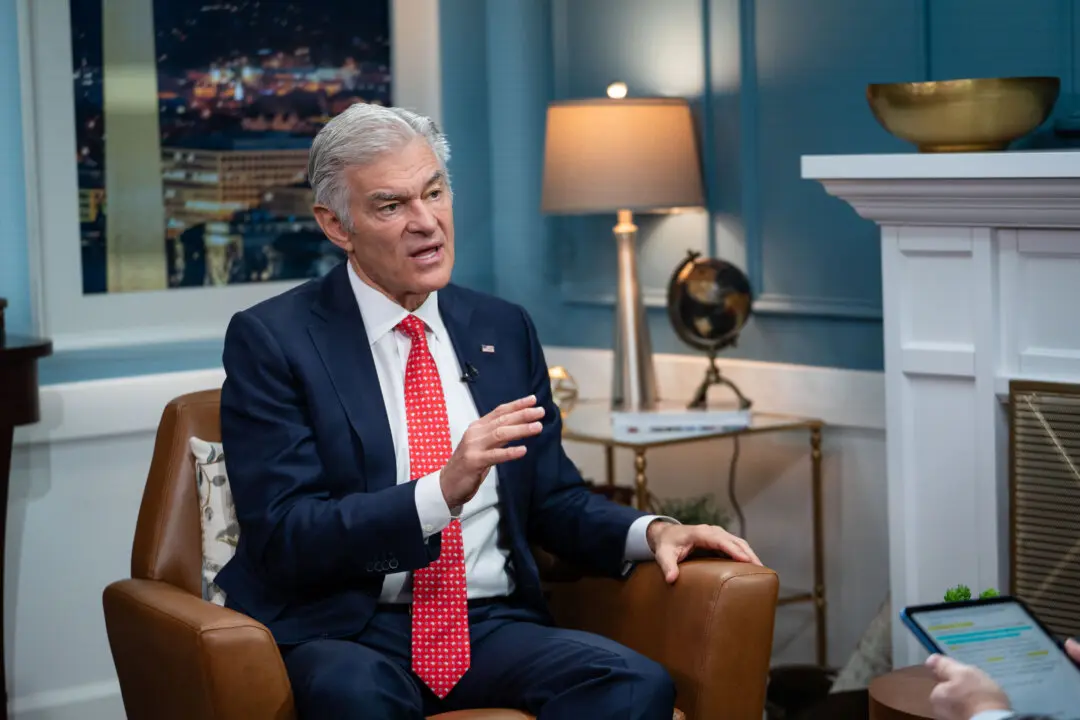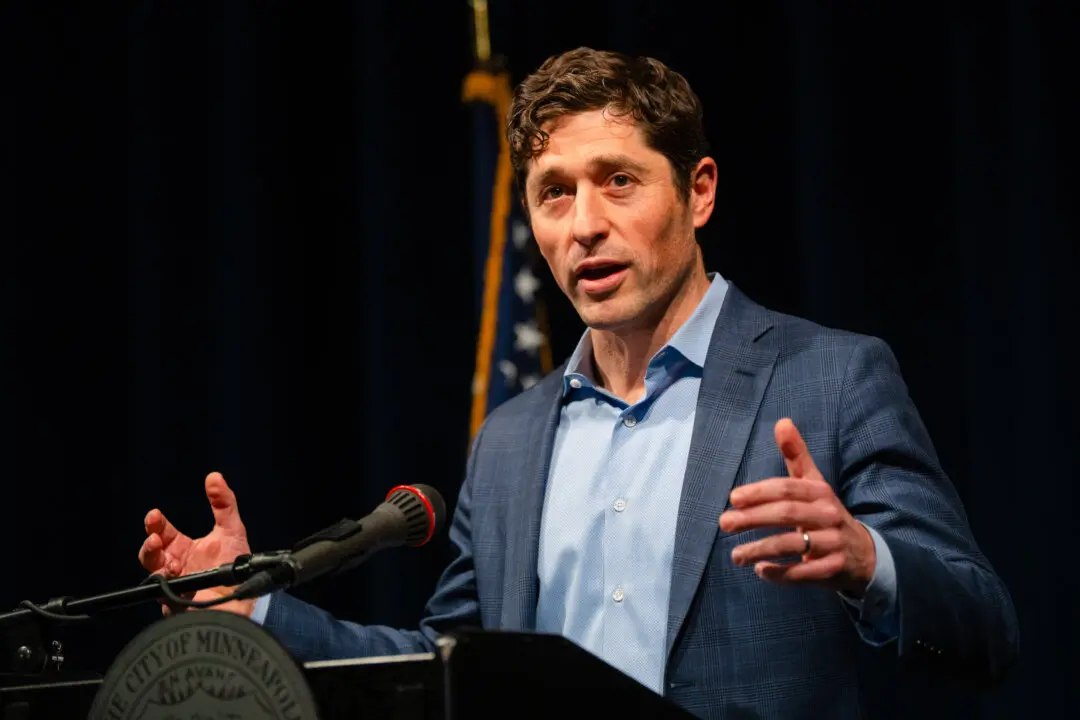A University of Cincinnati ballet performance looked like “a grab fest,” a sexual-harassment lawsuit claims, alleging that a male student dancer repeatedly touched ballerinas inappropriately during rehearsals and performances.
The federal suit also alleges that the University of Cincinnati’s ballet program “failed to take adequate steps” to ensure that the female dancers were protected.





